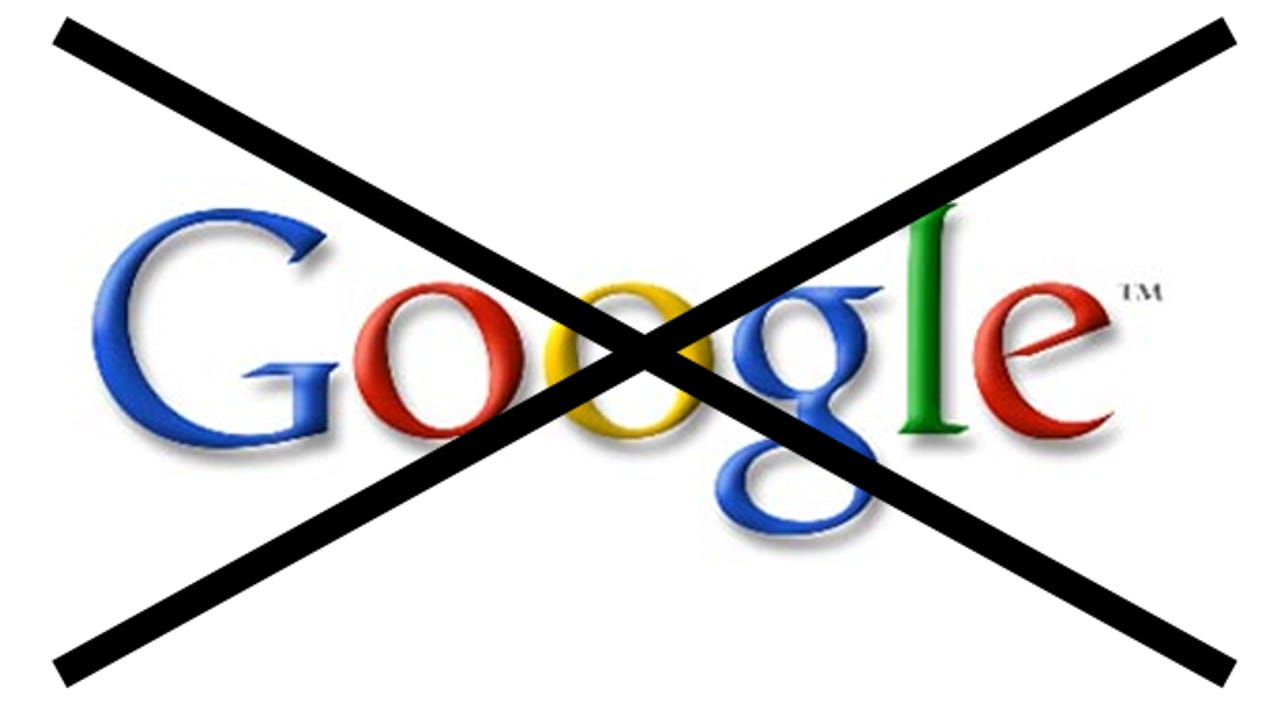SOPA: Could the bill harm entrepreneurship?

The issue of intellectual copyright protection and online control is still under heavy debate.
The SOPA bill is supported and endorsed by powerful players including the music and entertainment industry. In the opposite corner, SOPA is violently contested by giant internet companies such as Google and Facebook, human rights organisations and several members of Congress.
One side views the legislation as piracy protection; the other views it as censorship.
The SOPA act won't simply affect large corporations, but instead has the potential to muzzle any small businesses that have an online presence.
How exactly could the bill in its current state affect innovation and start-ups?

(Source: ZDNet)
Funding
A recent study has suggested that top venture capitalists may be more shy about investing and funding digital enterprises if the SOPA bills passes.
Imagine the scenario:
A user posts content that inadvertently has a link to something containing copyright material. Your business could be crippled without any notice or consent, your domain seized and search engines like Google forced to de-index your site with immediate effect. Online payment methods such as PayPal would have to stop any transactions with you, and without any means in which to generate online income (after, of course, rudely being taken offline) it may not be long before the SME folds.
it is unlikely any capitalist would find you a desirable investment.
Liabilities
The SOPA bill would empower the Attorney General to order DNS server hosts and Internet service providers to stop resolving the addresses of suspected pirate sites. If you are even suspected of hosting or being an enabler of sharing copyrighted material, your website can be seized.
In a twist, perhaps competitors may even be able use this to their advantage by creating fraudulent reports and disabling your business.
Even if a website is foreign, copyright holders can seek a court order. Anyone even remotely linked to intellectual copyright material can become a suspect - whether it is a search engine or small personal website. You become responsible for any user-generated content, so unless you impose restrictions on your own business, you're the one standing in court.
Businesses that rely on user-generated content would become worse than useless - and may even be forced to shut down to prevent a stream of lawyers knocking at the door. Small start-ups cannot necessarily cope with such an oppresive legal environment; and may be reluctant to launch with such risks.
Recruitment
Entrepreneurs may end up spending more on litigation and lawsuits than making their business a success.
Setting up and running a business is always going to be expensive. Spending money on court cases or even anticipating potential future suits will end up meaning less overall revenue to fund workers.
Limitations
Perhaps this is the central issue of the bill. Short of endorsing America's own version of the Chinese firewall, the internet is an uncontrollable, digital network with millions of users and a constant exchange of content. If your online business has any means in which a subscriber can share or exchange content, unless every packet of data is monitored and regulated, it may be impossible to avoid an eventual court case. So the only way to protect your business is to steer away from any interactive sharing components. This intrinsically would mean that entrepreneurs become limited in what services they can offer.
An approach that is too heavy-handed and risks penalising future entrepreneurship will not be without consequences for businesses and the economy. Constraining innovation in this manner will only mean limiting entrepreneurs who otherwise may be able to contribute to the economy and enrich services on offer.
If the bill passes, legislation to protect growing businesses must be put in place.
Canterbury Enterprise Group UK, is a company that encourages entrepreneurship and self-employment in students. Katie McCann, Vice Director, stated: "More leeway could be given to smaller businesses as they may still be in the growth and introductory stage. The government could implement separate laws and provide training on various topics such as intellectual property theft, piracy and so forth. The government needs to put in place a set of more receptive laws, similar to Creative Commons licensing."
All may not be lost. OPEN (a suggestive acronym for The Online Protection and Enforcement of Digital Trade bill), a public collaborative effort drafted by Senator Ron Wyden and Representative Darrell Issa, is an attempt to draft and propose a more sensible solution to the draconian measures proposed by SOPA. Perhaps if congress allows the efforts of both the public and figures outside the entertainment industry to contribute, a more sensible and informed bill could be passed.
Related: